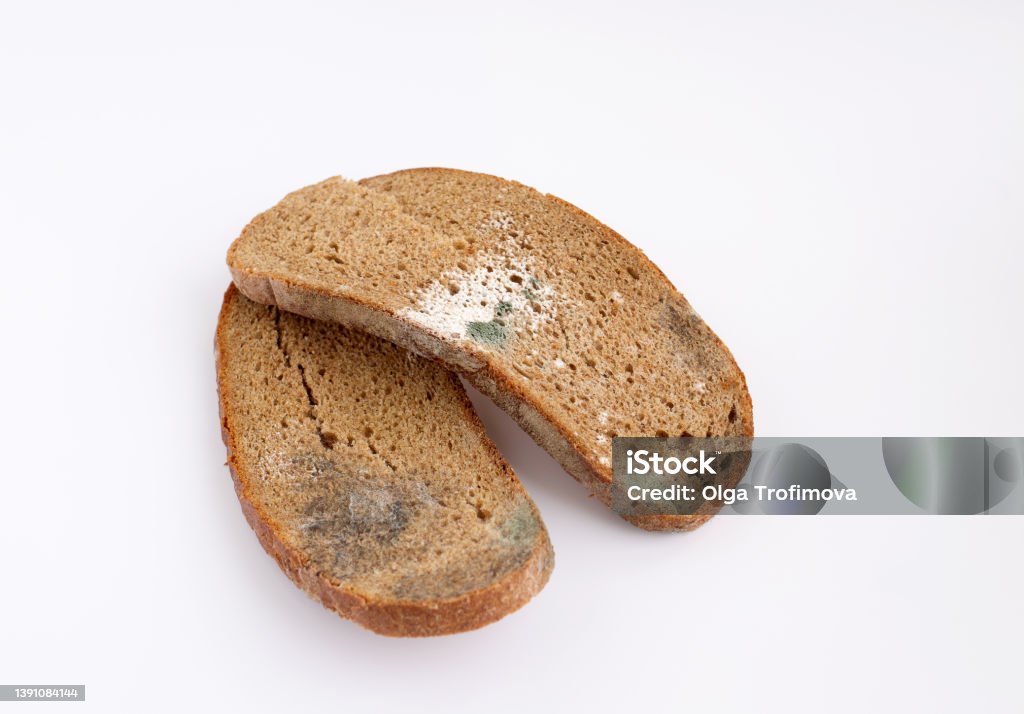
Mold Toxicity: The Hidden Epidemic and How Functional Medicine Can Help
Mold toxicity is an often overlooked yet pervasive health concern that can lead to a multitude of chronic health issues. Despite its prevalence, many individuals and healthcare providers remain unaware of its insidious effects. Functional medicine offers a comprehensive approach to diagnosing and treating mold-related illnesses, addressing the root causes rather than merely alleviating symptoms.
Understanding Mold Toxicity
Mold toxicity arises from exposure to mycotoxins—poisonous substances produced by certain types of mold. These molds can proliferate in damp, warm, and humid environments, making water-damaged buildings prime breeding grounds. Common indoor molds include Aspergillus, Penicillium, Stachybotrys (commonly known as black mold), and Cladosporium. Exposure can occur through inhalation, ingestion, or direct skin contact, leading to a range of health issues.
Symptoms of Mold Toxicity
The manifestations of mold toxicity are diverse and can affect multiple systems in the body. Common symptoms include:
- Respiratory Issues: Chronic cough, wheezing, sinus congestion, and shortness of breath.
- Neurological Symptoms: Headaches, memory loss, difficulty concentrating, and dizziness.
- Musculoskeletal Complaints: Joint pain, muscle cramps, and weakness.
- Skin Reactions: Rashes, itching, and unusual skin sensations.
- Fatigue: Persistent tiredness unrelieved by rest.
- Mood Disorders: Depression, anxiety, and mood swings.
These symptoms often overlap with other conditions, making mold toxicity a “hidden” epidemic that is frequently misdiagnosed.
The Functional Medicine Approach
Functional medicine practitioners adopt a patient-centered, systems-oriented approach, seeking to identify and address the underlying causes of disease. In the context of mold toxicity, this involves a thorough assessment of the patient’s environment, lifestyle, and genetic predispositions.
Comprehensive Patient History
A detailed patient history is crucial. Practitioners inquire about potential exposures, such as time spent in water-damaged buildings, occupations with increased mold exposure risk, and any history of flooding or leaks in the home. Understanding the timeline of symptom onset in relation to these exposures can provide critical insights.
Environmental Assessment
Evaluating the patient’s environment is essential. This may involve:
- Home Inspections: Identifying visible mold growth, musty odors, and signs of water damage.
- Air and Surface Testing: Measuring mold spore counts and identifying specific mold species present.
- Humidity Measurements: Ensuring indoor humidity levels remain below 50% to inhibit mold growth.
Engaging professionals trained in mold remediation can ensure accurate assessment and effective intervention.
Laboratory Testing
Functional medicine utilizes specific laboratory tests to detect biomarkers indicative of mold exposure and its effects:
- Mycotoxin Testing: Detecting mycotoxins in urine can confirm exposure.
- Inflammatory Markers: Elevated levels of C-reactive protein (CRP), transforming growth factor-beta 1 (TGF-β1), and matrix metallopeptidase 9 (MMP-9) suggest systemic inflammation.
- Visual Contrast Sensitivity (VCS) Test: Assessing the ability to discern contrast can indicate neurological impairment related to biotoxin exposure.
- Genetic Testing: Identifying HLA-DR gene variants can reveal a genetic susceptibility to mold-related illnesses.
These tests, combined with clinical evaluation, guide the development of a personalized treatment plan.
Treatment Strategies in Functional Medicine
Addressing mold toxicity involves a multifaceted approach tailored to the individual’s specific needs. Key strategies include:
1. Environmental Remediation
Removing the source of mold exposure is paramount. Steps include:
- Professional Mold Remediation: Engaging experts to safely remove mold and contaminated materials.
- Improving Ventilation: Ensuring adequate airflow to reduce humidity and prevent mold growth.
- Using Dehumidifiers: Maintaining optimal indoor humidity levels.
Without addressing environmental sources, other treatments may prove ineffective.
2. Detoxification Support
Enhancing the body’s ability to eliminate toxins is crucial. Approaches include:
- Binding Agents: Cholestyramine and activated charcoal can bind mycotoxins in the gastrointestinal tract, facilitating their excretion.
- Nutritional Support: Supplements such as glutathione, N-acetylcysteine (NAC), and omega-3 fatty acids support detoxification pathways and reduce inflammation.
- Hydration: Adequate water intake supports kidney function and toxin elimination.
These interventions aim to reduce the body’s toxic burden and mitigate symptoms.
3. Immune System Modulation
Mold exposure can dysregulate the immune system. Strategies to restore balance include:
- Low-Mold Diet: Avoiding foods that may contain mold or promote inflammation, such as aged cheeses, fermented products, and processed foods.
- Probiotics: Supporting gut health to modulate immune responses.
- Vitamin D Optimization: Ensuring sufficient levels to support immune function.
Tailoring these interventions to the individual’s needs can enhance recovery.
4. Addressing Hormonal Imbalances
Chronic mold exposure can disrupt hormonal balance. Assessing and addressing adrenal, thyroid, and sex hormone imbalances through functional lab testing and targeted support can help restore equilibrium.
5. Lifestyle Interventions
- Infrared Sauna Therapy: Enhancing detoxification through sweating.
- Exercise and Lymphatic Drainage: Promoting circulation and toxin elimination.
- Stress Management: Supporting the nervous system through practices like meditation and breathwork.
Conclusion
Mold toxicity is a hidden epidemic that can severely impact health and well-being. Functional medicine provides a powerful framework for uncovering the root causes, accurately diagnosing mold-related illnesses, and implementing targeted interventions to facilitate healing. By addressing environmental exposures, supporting detoxification, modulating the immune system, and optimizing overall health, individuals suffering from mold toxicity can reclaim their vitality. If you suspect mold exposure is affecting your health, seeking guidance from a functional medicine practitioner can be the key to restoring balance and achieving lasting wellness. Consultation Packages with Jarrod Cooper ND can be made here or consider the functional medicine solution online program.